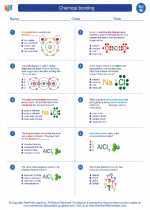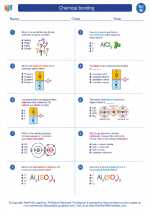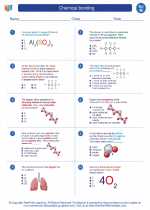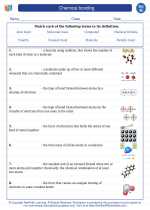What are Protons?
Protons are positively charged subatomic particles found in the nucleus of an atom. They are one of the three primary particles that make up the structure of an atom, alongside neutrons and electrons.
Properties of Protons
- Charge: Protons have a positive electrical charge, with a charge of +1. This charge is equal in magnitude to the negative charge of an electron.
- Mass: The mass of a proton is approximately 1.67 x 10-27 kilograms, which is roughly 1836 times the mass of an electron.
- Stability: Protons are considered to be stable particles, meaning they do not decay or undergo radioactive decay under normal circumstances.
Role of Protons
Protons play a crucial role in the structure and behavior of matter. They are responsible for the positive charge of the atomic nucleus, which in turn determines the overall charge of the atom. The number of protons in an atom's nucleus defines its atomic number, which determines the identity of the element.
Interaction with Electrons
Protons and electrons interact through electromagnetic forces. The attractive force between protons and electrons is what holds the electrons in orbit around the nucleus, creating the stable structure of the atom.
Study Tips for Protons
When studying protons, it's important to understand the fundamental role they play in the structure of atoms. Practice identifying the number of protons in different elements to reinforce the concept of atomic number and element identity. Additionally, understanding the interaction between protons and electrons can help clarify the stability and behavior of atoms.
[Protons] Related Worksheets and Study Guides:
.◂Science Worksheets and Study Guides Eighth Grade. Chemical bonding

 Worksheet/Answer key
Worksheet/Answer key
 Worksheet/Answer key
Worksheet/Answer key
 Worksheet/Answer key
Worksheet/Answer key
 Vocabulary/Answer key
Vocabulary/Answer key
